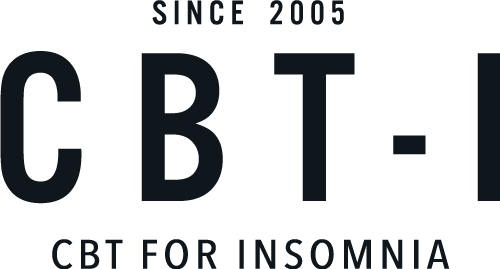Sleep Medications Are Not Clinically Effective In A Large Number Of Patients
A study on the real-world effectiveness of sleeping pills found they do not alleviate insomnia in most cases. The study assessed the effects of benzodiazepine-type sleep medications (including Ambien, Lunesta, Dalmane, Restoril, and Sonata) on insomnia remission rates in a clinical sample of almost 200 patients with real-world comorbidities such as pain, anxiety, or depression; or, concurrent psychiatric medication use such as an antidepressant or anti-anxiety medication. Patients reported taking a sleeping pill 6 days per week. On average, patients reported improvement in sleep from these medications but the majority still reported clinically meaningful insomnia. Less than half reported remission of insomnia despite almost nightly use of sleep medication, and 70% still reported requiring at least a half hour to fall asleep and/or being awake after sleep onset for at least an hour during the night. Individuals with medical and psychiatric comorbidities had even lower remission rates. Overall, the study concluded that benzodiazepine-type sleep medications are not effective for alleviating insomnia in a large number of patients.
